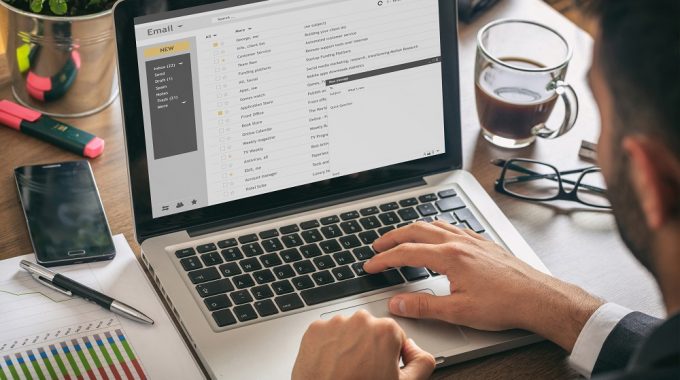
7 steps to writing the perfect invitation email for your next event
“Email has an ability many channels don’t: creating valuable, personal touches – at scale.” – David Newman
Your invitation email can make or break your event.
Don’t believe me?
Look at the response rate from any other form of advertising and compare that to direct mail – no competition.
But your emails have to be great.
No longer can you write benign, vanilla, boring copy with a long list of dull bullet points that sound the same.
Even members starving for education credits will think twice.
In this post we will share the 7 parts to an invitation email that will turn heads and crank up your event registrations. Did you know we have a special section just for our local speakers?
Let’s jump in…
1. Subject line
You have competition. As soon as you send your emails out they are landing in In-Box chaos, up against internal emails, spam, other events, and invitations to a high school reunion.
You need to stand out.
If you plan an annual event, make this one special. Who is the opening keynote? What is the theme? Is the venue special? There has to be something to get your emails open. It’s time to be creative and do something better than “Early bird special”
2. Opening sentence
If you opening sentence doesn’t hook the reader…you’re lost before you get to talk about the axe throwing after dinner. As marketing guru Seth Godin once said, “Why waste a sentence saying nothing?”
Think of it this way:
Your opening sentence has one job: to get the reader to read the second sentence. The best opening sentence touches on #3: The problem.
3. The Problem
A classic line of advice from marketing is to “Enter the conversation going on in your prospect’s mind.” In other words, talk about the problem. And do it before you talk about how great your event is going to be (we already expected that.)
The problem could be downsizing, a flat economy, trade tariffs, multi-generation workplaces, or social media for marketing. Start your email with whatever your delegates worry about and you will have their attention.
4. The Big promise
Any salesperson worth their salt will make you a promise before the ask. They will tell you how great the house is before you walk in the door or how quiet the car is before the test drive.
Do the same in your email.
Tell your readers what they can expect (big picture) at the next event before you dive into bullet points.
5. Proving evidence
“People need stories more than bread itself. They tell us how to live, and why.” – Arabian Nights
We listen to our friend’s advice more than our parents and past customers more than the salesperson. A simple client testimonial will have more impact than one more bullet point that you wrote.
I call it Proving Evidence – it proves your promise is true.
6. Call-to-Action (CTA)
Here’s the obvious one: tell the email reader what you want them to do next. It could be to click on the link and register, or to provide and intent to book a room.
Whatever the CTA is, make it obvious and add urgency. Urgency (“our Early Bird special ends on Monday”) is one of the core motivators for people.
7. Reminder sequence
How many times do you have to see the ads before you buy tickets to the upcoming concert, or discount flights to Mexico?
You should always be planning at least 3 emails for every event promotion sequence, spaced out about 3-5 working days apart
But, instead of replicating the same messages, have the second email all about one person’s experience. Have the third email all about urgency and a special offer.
There you have it, a 7 step formula to writing an invitation email that gets opened and gets a response. It won’t take you any longer, but the results can be a whole lot better!
Ready to plan your next event? We are ready to support your speaker choices to help make your next event the best ever. Meet our team. Meet our hometown, local speakers. Search for the perfect speaker from our quick search form.
Enjoyed this article? Here are two more to help you prepare for your next event:
5 Steps to the Perfect Celebrity Meet and Greet
Why work with a speakers bureau?



